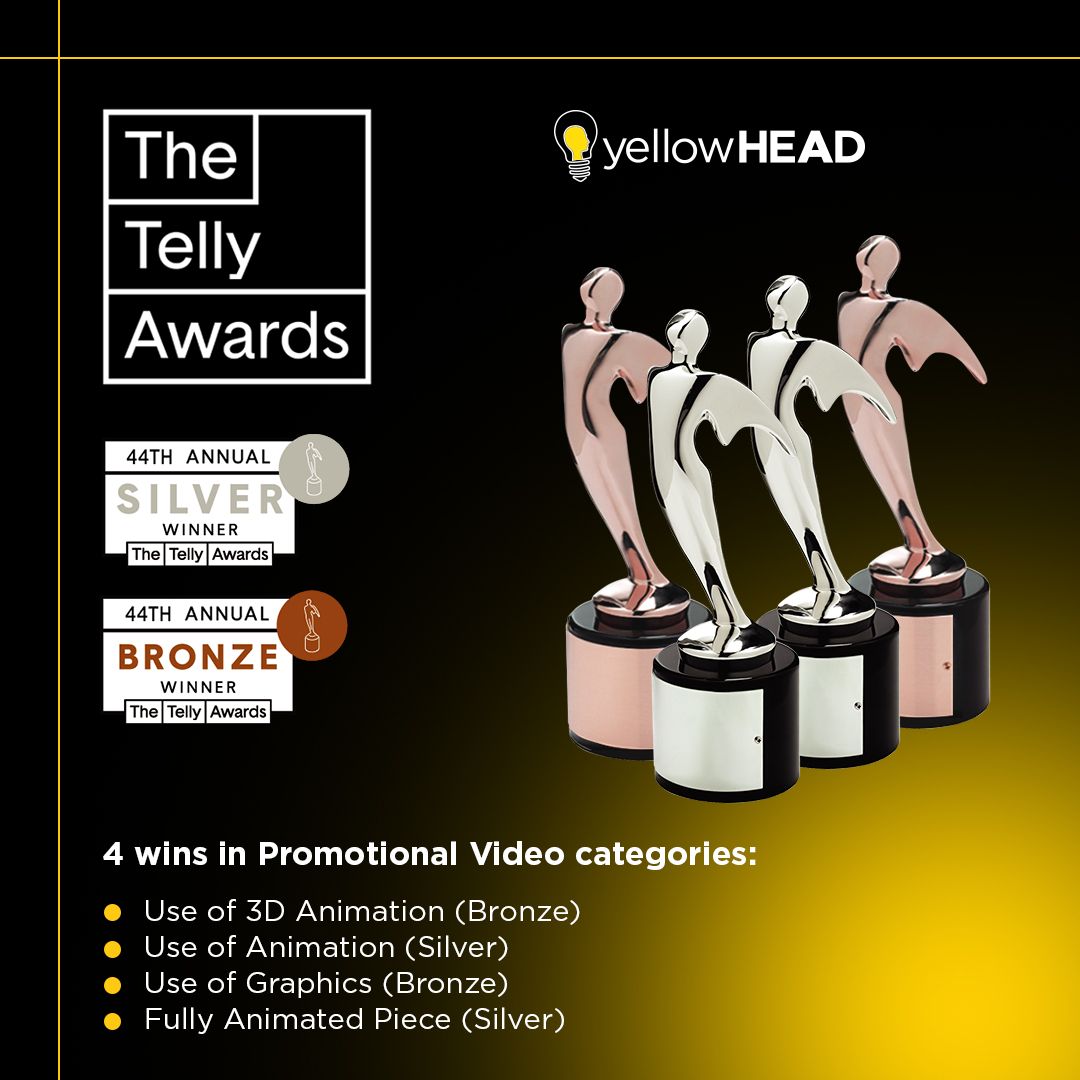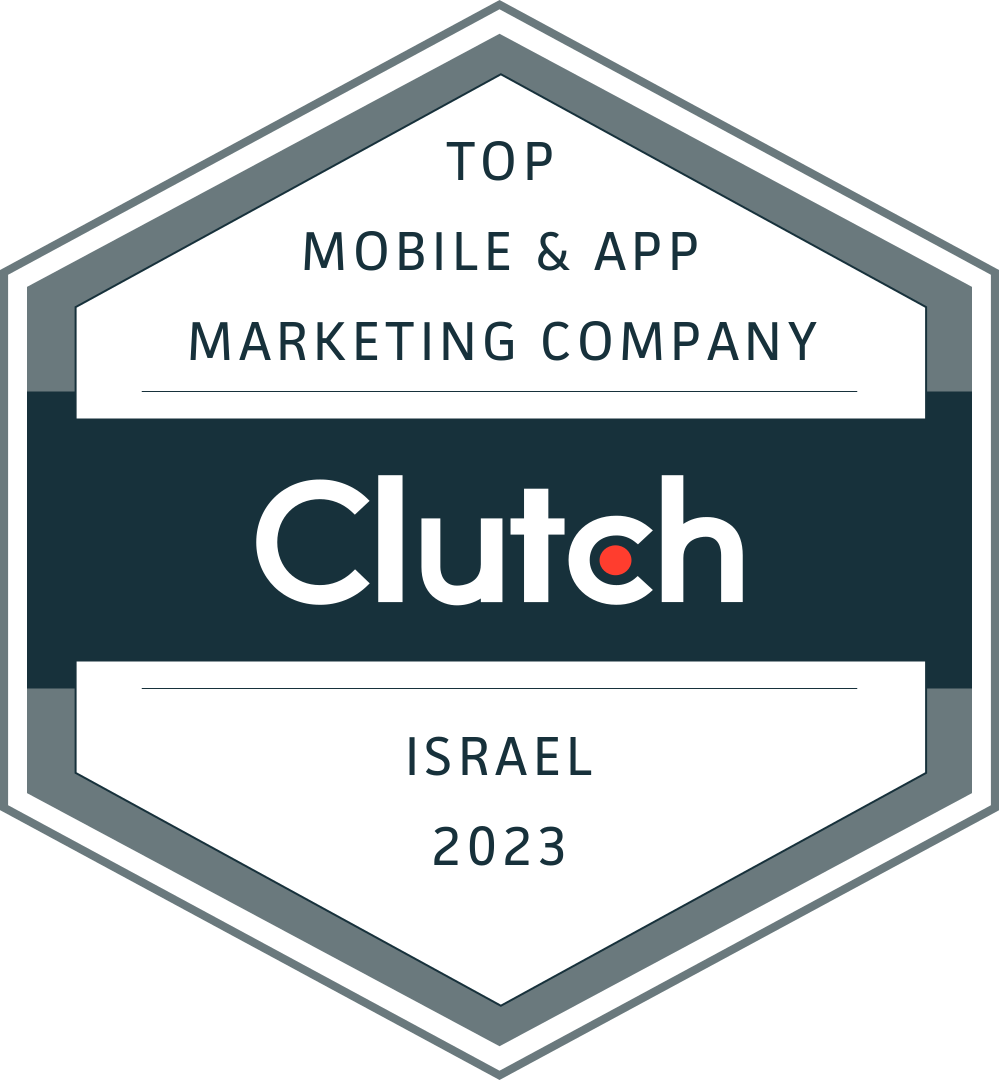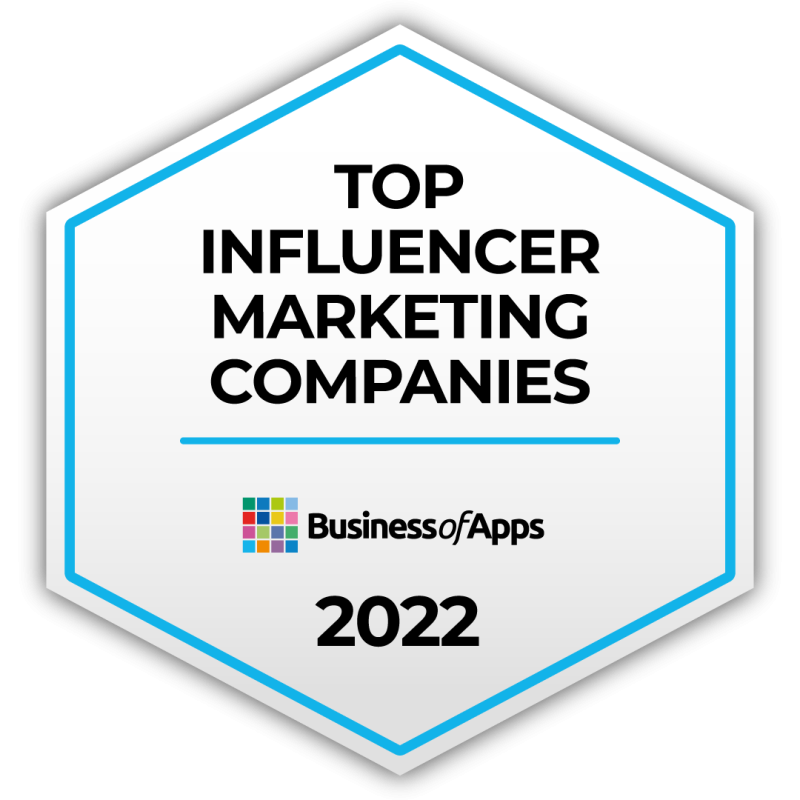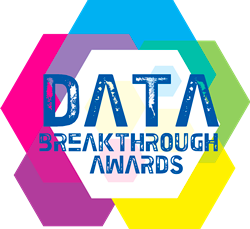Does ChatGPT Hurt Your SEO?

‘Disclaimer’: This article was brought to you by ChatGPT with the help of Anna, our SEO Specialist.
ChatGPT and other AI tools have reshaped how content is created, but how do they impact your SEO strategy? Can they help your website rank higher, or do they pose risks to your performance? Let’s explore how to harness AI effectively while avoiding common pitfalls.
Does ChatGPT-Generated Text Affect Your SEO?
The effectiveness of ChatGPT-generated content depends entirely on how you use it.
Google prioritizes content that provides value to users, whether it’s written by a person or generated by AI. If your AI-generated content is unique, relevant, and aligned with user intent, it can support your SEO goals.
However, risks arise when AI tools are used without oversight. Poorly edited AI content that lacks depth or originality can harm your rankings. Using ChatGPT for SEO is most effective when treated as a co-writer, not an autopilot—it generates drafts that need refining, fact-checking, and optimizing to meet SEO standards.
To maximize your results, combine the speed of ChatGPT with human expertise to create optimized SEO content generated by AI that resonates with your audience while adhering to search engine guidelines.
Does Google Rank ChatGPT Content?
Google doesn’t penalize AI-generated content as long as it meets their standards. Content is ranked based on its usefulness, originality, and alignment with E-E-A-T principles (Experience, Expertise, Authoritativeness, and Trustworthiness).
AI-generated content that’s thin, misleading, or stuffed with keywords won’t perform well. However, when crafted thoughtfully, AI content can rank as effectively as human-written text.
For example, Google values content that directly answers user queries or solves problems. By ensuring your AI-generated text is tailored to user needs and optimized for readability, you can create high-ranking content that drives engagement.
Common Pitfalls to Avoid with AI Content
AI content isn’t inherently bad for SEO, but it can present challenges if misused. Here’s how to avoid common pitfalls:
- Thin or repetitive content: AI often generates surface-level material. Add unique insights, examples, and depth to make your content valuable.
- Keyword stuffing: Keywords must enhance your content naturally. Overloading text with keywords will hurt rankings and reduce readability.
- Erosion of trust: Readers expect authenticity. Avoid overly generic or robotic content by incorporating a relatable and engaging tone.
To overcome these challenges, focus on using AI as a tool to complement your creative process. The most effective content results from combining AI-driven efficiency with human creativity. Writing with your audience in mind ensures your content remains both impactful and engaging, a principle that underpins truly compelling content.
How to Use ChatGPT for SEO
When used strategically, ChatGPT can be a powerful tool in your SEO strategy. Here’s how to make it work for you:
1. Start with a Strong Prompt
The quality of AI output depends on the clarity of your instructions. For example, instead of asking ChatGPT to “Write about SEO,” try: “Create an outline for a blog post on how AI tools improve keyword research.” Precise prompts help generate relevant and actionable content.
2. Edit for Quality and Relevance
Think of AI-generated content as a first draft. Refine it to align with your brand voice and audience needs. Add specific examples, insights, and unique angles to elevate the text and ensure it resonates with readers.
3. Integrate Keywords Naturally
Use keywords as a guide, not a crutch. ChatGPT can help integrate them into your content, but you’ll need to ensure they flow naturally. Keywords should enhance your text, not overwhelm it.
4. Address AI Challenges with Human Expertise
While ChatGPT is excellent for generating ideas and automating repetitive tasks, strategic decision-making requires human oversight. Combining AI with creativity ensures your content supports both search engine goals and user needs, a concept explored further in our discussion of SEO for AI.
A Quick Recap
To help tie everything together, here’s a summary of key takeaways:
- AI-generated content can support your SEO goals if it’s unique, relevant, and tailored to user intent.
- Google evaluates AI content based on quality, originality, and E-E-A-T principles, not its method of creation.
- Common pitfalls include thin content, keyword stuffing, and generic tone. Avoid these by refining AI drafts and adding depth.
- Strategically combining AI tools with human expertise is the best way to create high-ranking content.
The Bottom Line
AI tools like ChatGPT are here to stay, and when used effectively, they can amplify your SEO efforts. The key is balance—leveraging AI for efficiency while ensuring your content is authentic, valuable, and tailored to your audience.
At yellowHEAD, we specialize in blending cutting-edge AI technology with creative expertise to drive measurable results. Whether you’re looking to optimize your content strategy or explore the potential of AI in advertising, we’ve got you covered.
Ready to take your content to the next level? Let’s chat!



















